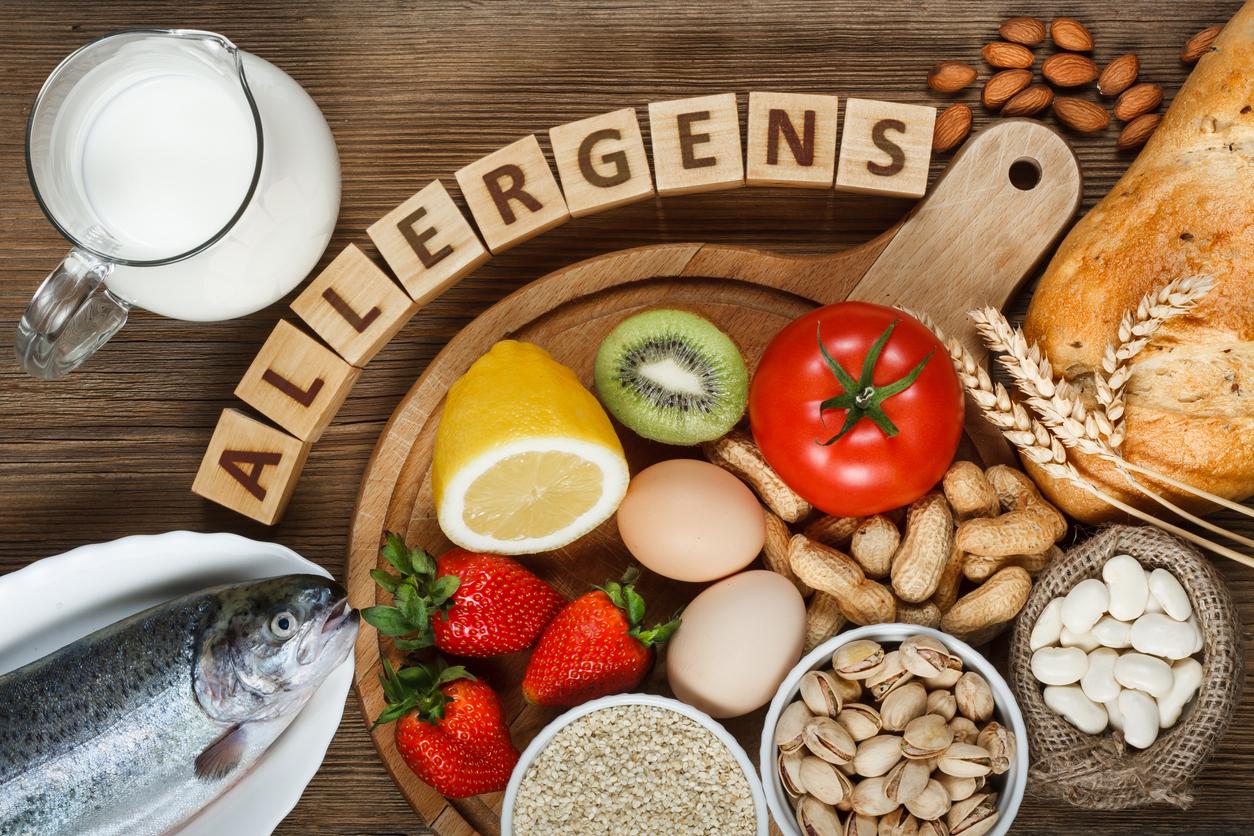Feeding baby with peanut butter, a rather original solution to prevent allergies. And yet, researchers at Imperial College of London have shown that this idea is not so preposterous. Introducing peanuts and eggs early in the diet of infants would reduce the risk of them becoming allergic to them.
To arrive at these conclusions, the scientists analyzed data from 146 studies comparing the age of introduction of foods in babies and the onset of food allergies. Thus, starting to eat eggs between 4 and 6 months reduces the risk of allergy to this food by 40% compared to a later introduction in the diet. A figure that rises to 70% for babies who have tested peanuts between 4 and 11 months.
Fight against the most common allergies
According to the National Health Nutrition Program, 8% of children suffer from a food allergy, primarily … eggs and peanuts. Until then, parents were instead recommended to delay the appearance of allergenic foods in the diet of toddlers. A dogma that could well evolve: in a population comprising 5.4% of allergies to eggs (the prevalence in the United Kingdom), the scientists calculated that the early introduction would avoid 24 allergies per 1000 people.
The authors ofstudy However, we do not recommend exposing a child who is already allergic to other allergenic foods. They also remind us that exclusive breastfeeding until the age of six months is currently the healthiest diet for infants.
No effect on other allergens
The study, which appeared in the Journal of the American Medical Association, also looked at milk, fish and shellfish, nuts and almonds, and gluten, but no link was found between early introduction and risk of allergy for these products.
To read also
Eating peanuts from the age of 4 months would protect against allergies
The most common food allergies
Peanut allergy: you can die from a simple kiss


















